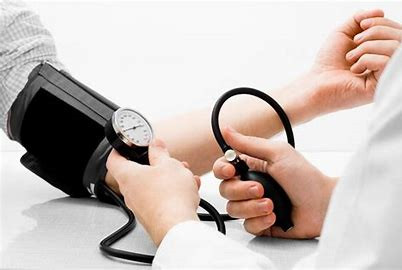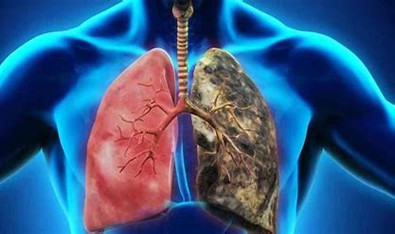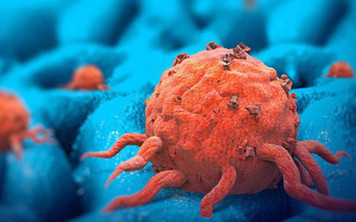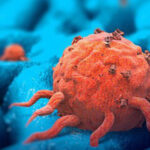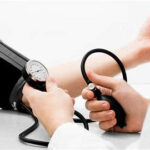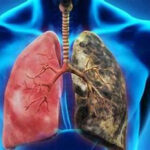Pneumonia: Symptoms, Causes, Complications, and Treatment
High blood pressure, also known as hypertension, is a serious medical condition that can lead to numerous health issues if not managed promptly. This article will provide detailed information about high blood pressure, including its causes, symptoms, complications, and treatment, to help you understand it better and know how to prevent it effectively. 1. What is High Blood Pressure? High blood pressure occurs when the force of the blood pushing against the artery walls is too high, resulting in elevated blood pressure levels. Blood pressure is measured by two readings: systolic pressure (the upper number) and diastolic pressure (the lower number). Normal blood pressure is below 120/80 mmHg. When your blood pressure exceeds 130/80 mmHg, you are considered to have hypertension. 2. Causes of High Blood Pressure There are several potential causes of high blood pressure, including: 3. What is Considered High Blood Pressure? Blood pressure is defined based on two measurements (Systolic Pressure/Diastolic Pressure): According to the updated 2018 guidelines from the European Society of Cardiology (ESC), hypertension is classified based on severity as follows: Additionally, the Vietnam Cardiology Association considers blood pressure below 120/80 mmHg to be normal. Blood pressure consistently above 140/90 mmHg is considered hypertension. 4. Symptoms of High Blood Pressure High blood pressure often does not exhibit clear symptoms, which is why it is referred to as the “silent killer.” However, some individuals may experience symptoms such as: 5. Complications of High Blood Pressure If left untreated, high blood pressure can lead to serious complications such as: 5.1. Cardiovascular Disease 5.2. Stroke 5.3. Kidney Failure 5.4. Vision Impairment 5.5. Peripheral Artery Disease Hypertension can lead to narrowing of peripheral arteries, causing pain and reduced blood flow to the arms and legs. 5.6. Aneurysm High blood pressure weakens artery walls, increasing the risk of aneurysms. If […]



